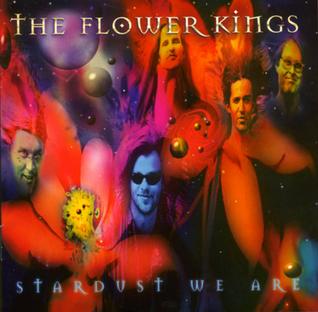Among the many flute driven prog groups from the '70s, Israeli band Sheshet (
ששת ) surely weren't the most famous one, but they created a delicate and rather eclectic self-titled album, from which I'm introducing a song called Debka or
דבקה , the name of a Near Eastern dance, an excellent way into Sheshet's musical world. The listener finds, of course, a well played flute à la Ian Anderson, but also beautiful vocal harmonies somehow inspired by Gentle Giant, some ethnic rythms and jazzy instrumental passages.
Such a pity this was going to be their only album...
A good deal of solutions, as you can see, so that the final effect is that of an original and pleasant mix of different moods gathered in a coherent frame. Not an easy task, but the band succeeded in such a daring melting pot and - what's surely more surprising - their music is even more enjoyable today than it was in 1977. Try it and let me know...




